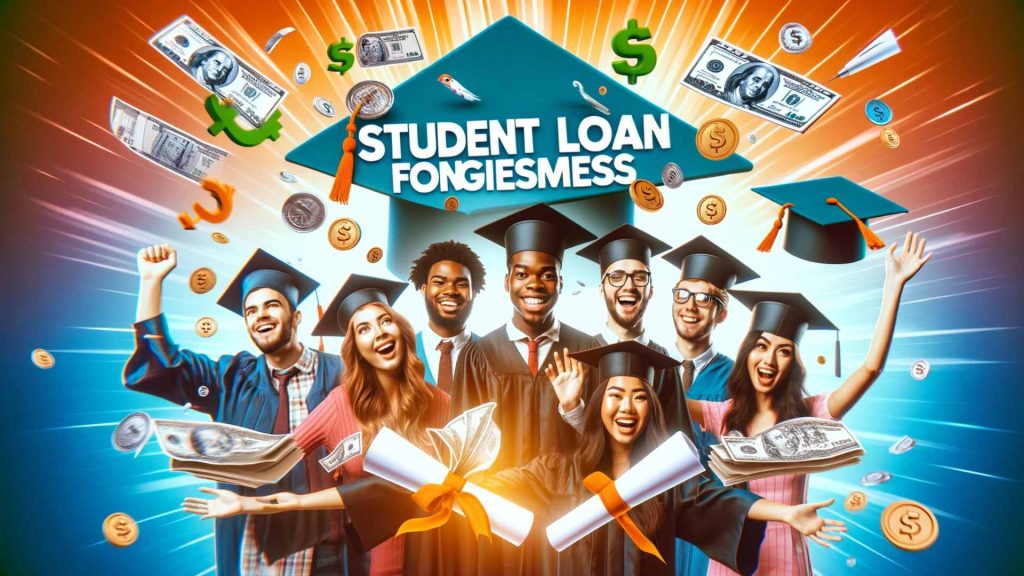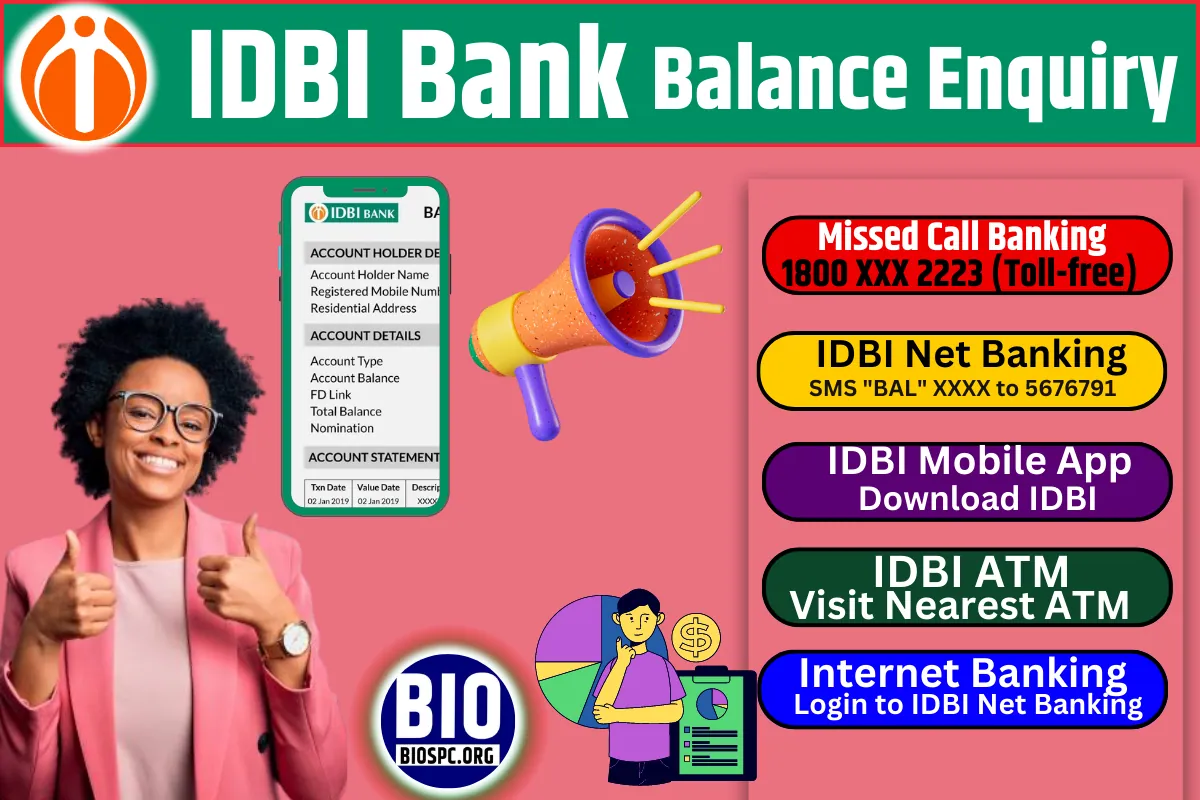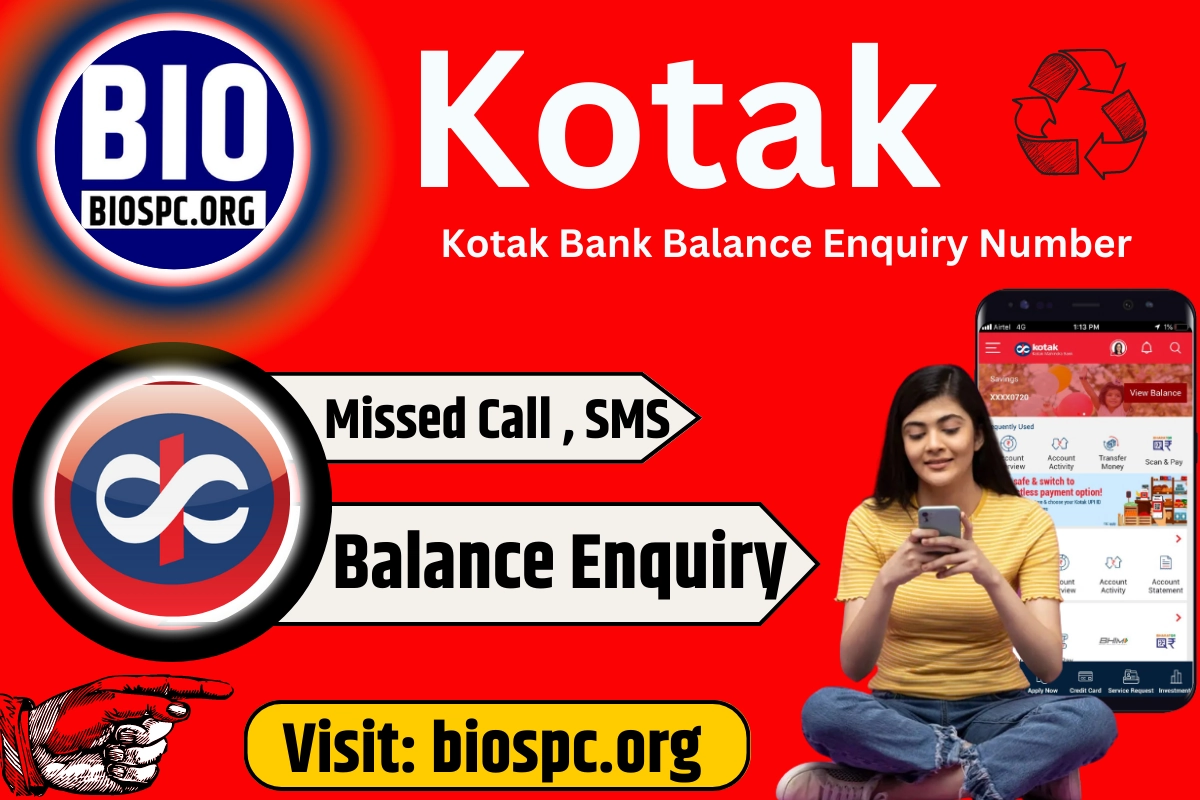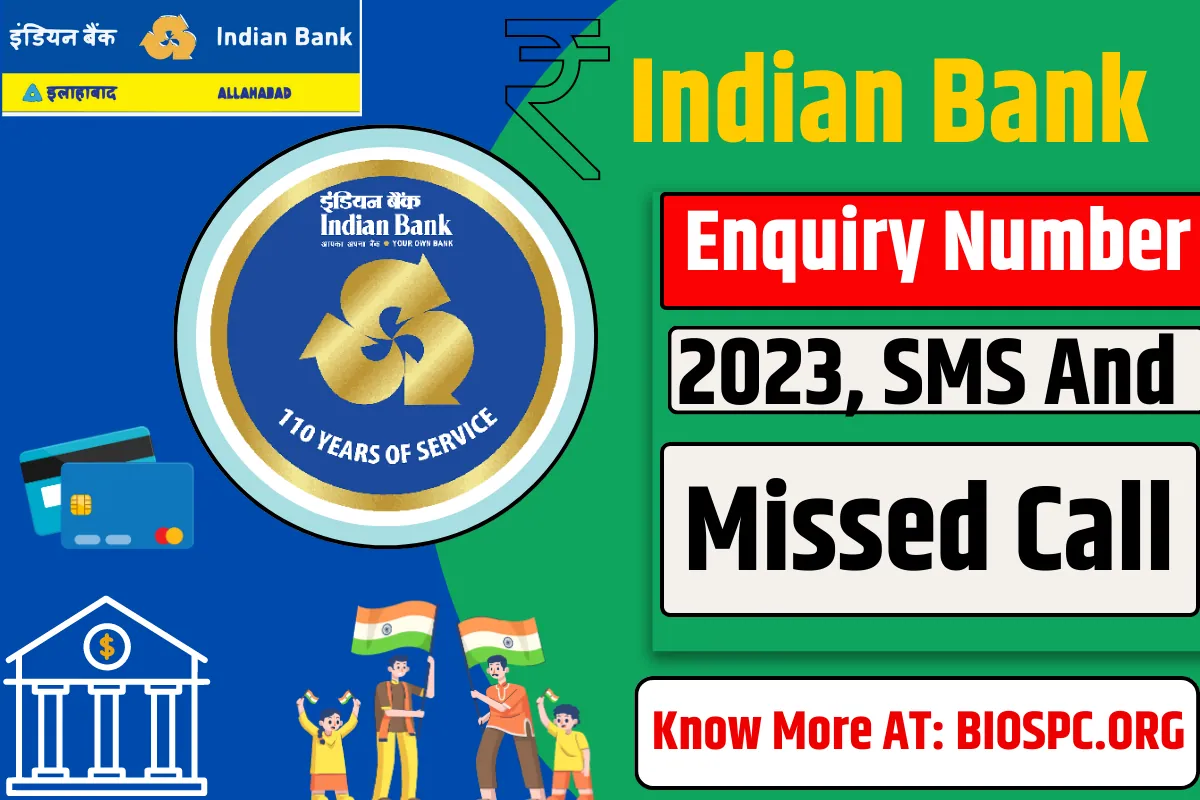Student loan forgiveness involves canceling all or part of a borrower’s debt. This topic is significant due to the financial impact of US loan forgiveness student loans on individuals and the economy joe biden loan forgiveness, loan forgiveness application.

What is Loan Forgiveness?
Loan forgiveness programs are designed to alleviate the burden of student debt under certain conditions.
Types of Loan Forgiveness Programs
Federal Loan: Forgiveness Programs These are initiatives by the federal government to forgive student loans under specific circumstances.
| Aspect | Details |
|---|---|
| Definition | Student loan forgiveness refers to cancelling all or part of a student loan debt. |
| Eligibility Criteria | Varies by program; often includes working in certain professions, making a set number of payments, etc. |
| Types of Programs | Federal programs (e.g., Public Service Loan Forgiveness), state-sponsored programs, and profession-specific programs. |
| Application Process | Usually, it involves submitting proof of eligibility, such as employment records, loan statements, etc. |
| Benefits | Reduction or elimination of debt, reduced financial stress, improved credit score potential. |
| Tax Implications | Forgiven debt may be taxable under specific programs. |
| Common Challenges | Strict eligibility requirements, potential for scams, misunderstanding of terms and conditions. |
| Alternatives | Loan consolidation, income-driven repayment plans, refinancing. |
| Success Rate | Varies by program; some have low approval rates due to strict criteria. |
| Future Trends | Potential policy changes, increasing demand for broader forgiveness measures. |
State-Sponsored Forgiveness: Programs Some states offer their own forgiveness programs, each with unique criteria.
Forgiveness: Programs in Specific Professions Certain professions, like teaching or healthcare, have dedicated forgiveness programs.
Eligibility for Loan Forgiveness General Requirements Most programs have standard eligibility criteria for borrowers. Specific Program Requirements Each program has its own set of rules and qualifications.
How can I avoid scams related to loan forgiveness?
- To avoid scams related to loan forgiveness:
- Never pay upfront fees for loan forgiveness services.
- Be wary of companies that promise immediate loan forgiveness or debt cancellation.
- Do not share personal information with anyone, like your Federal Student Aid (FSA) ID.
- Always verify information through official sources like the U.S. Department of Education or your loan servicer.
- Be cautious of aggressive marketing tactics or pressure to sign up for services.
- Remember, legitimate student loan forgiveness programs do not require any fee to apply or access.
- loan forgiveness student loans application
Types of Student Loan Forgiveness Programs
- Federal programs include options like Public Service Loan Forgiveness and Income-Driven Repayment Plan Forgiveness.
- State-sponsored programs: Various states offer their own forgiveness programs, often for service in certain professions.
- Private loan forgiveness options: More rare, but some private lenders may offer forgiveness under specific circumstances.
Eligibility Criteria for Student Loan Forgiveness
- Federal program requirements Often include employment in a public service job and a certain number of qualifying payments.
- State program requirements: Vary by state and often target specific professions.
- Other qualifying factors May include income level, degree, and type of school attended.
The Process of Applying for Loan Forgiveness
Involves submitting the required documentation and understanding the application process, including timeframes and waiting periods.
Benefits of Loan Forgiveness
- Financial relief: Reduces or eliminates debt burden.
- Mental and emotional benefits: Alleviates stress related to debt.
- Economic impacts: Can stimulate economic growth by freeing up consumer spending.
Potential Drawbacks and Considerations
- Tax implications: Forgiven debt may be taxable.
- Impact on credit score: Varies depending on how forgiveness is reported.
- Limitations and exclusions: Not all loans or borrowers qualify.
- loan forgiveness student loans application
Success Stories and Testimonials
Features real-life examples demonstrating the positive impact of loan forgiveness on individuals’ lives.
Common Misconceptions about Loan Forgiveness
Addresses myths, clarifying the facts and realities of loan forgiveness programs.
How Loan Forgiveness Affects Future Education Planning
Involves considerations for further education and long-term financial planning, including impact on future borrowing.
Joe Biden loan forgiveness
During his presidency, Joe Biden, the President of the United States, has expressed support for certain forms of Joe Biden loan forgiveness. However, it’s important to note that the specifics of any loan forgiveness program can change over time and may depend on legislative action and policy decisions. As of my last knowledge update in January 2022, here are some key points related to Joe Biden’s stance on student loan forgiveness:
-
Income-Driven Repayment Plans: President Biden has proposed expanding income-driven repayment plans. Under these plans, borrowers’ monthly student loan payments are based on their income and family size. Any remaining debt is forgiven after a set number of years of responsible payments.
-
Public Service Loan Forgiveness (PSLF): Biden has expressed support for simplifying and improving the Public Service joe Biden loan forgiveness program. PSLF forgives the remaining student loan balance for borrowers who work in qualifying public service jobs after making 120 qualifying payments.
-
$10,000 Student Loan Forgiveness: During his campaign, Biden proposed providing $10,000 in student loan forgiveness for all federal student loan borrowers. However, it’s essential to note that this proposal faced debates and discussions in Congress, and its implementation was uncertain.
-
Cancellation of Student Debt for Defrauded Borrowers: President Biden has also taken steps to provide relief to borrowers who were defrauded by for-profit colleges. The U.S. Department of Education has been working to provide loan forgiveness to these borrowers.
-
Continued Discussions: Student loan forgiveness remains a topic of debate and discussion in Congress and among policymakers. The details and scope of any loan forgiveness program may change based on political and legislative developments.
Comparing Loan Forgiveness with Other Debt Relief Options
Analyzes alternatives like loan consolidation, refinancing, and even bankruptcy.
Role of Government and Policy in Loan Forgiveness
Discusses recent legislative changes, government involvement, and predictions for future policy directions.loan forgiveness application
Expert Advice on Navigating Loan Forgiveness
Offers tips from financial advisors and legal considerations for navigating the complexities of loan forgiveness.
The Global Perspective on Student Loan Forgiveness
Compares loan forgiveness practices in different countries, highlighting international trends.
Preparing for Potential Changes in Loan Forgiveness Policies
Advises on staying informed and adaptable to policy changes and developments.
Conclusion
Loan forgiveness can be a lifeline for many, but it requires understanding and careful consideration
The most significant benefit of student loan forgiveness is reducing or eliminating student loan debt. This relief can significantly ease the financial burden on borrowers, allowing them more financial freedom. It can also reduce stress and anxiety associated with long-term debt and potentially improve credit scores over time.
Eligibility for federal student loan forgiveness varies depending on the specific program. Generally, it includes criteria such as the type of federal loan, the borrower’s profession (especially in public service or teaching), and a history of consistent, on-time payments, often under an income-driven repayment plan. Some programs require a certain number of years in a qualifying job or a certain number of payments made.
Loan forgiveness can impact a credit score, but usually in a positive way. When a loan is forgiven, it’s marked as paid on a credit report, which can positively affect credit history. However, there may be a temporary decrease in the credit score due to the closure of a long-standing account, but the benefit of reducing overall debt typically outweighs this.
Forgiveness programs for private student loans are far less common than for federal student loans. Private lenders generally do not offer forgiveness programs. However, some state-specific programs or career-based programs might offer assistance for private loans. Borrowers with private loans might also explore options like refinancing or negotiating with the lender for better terms.






